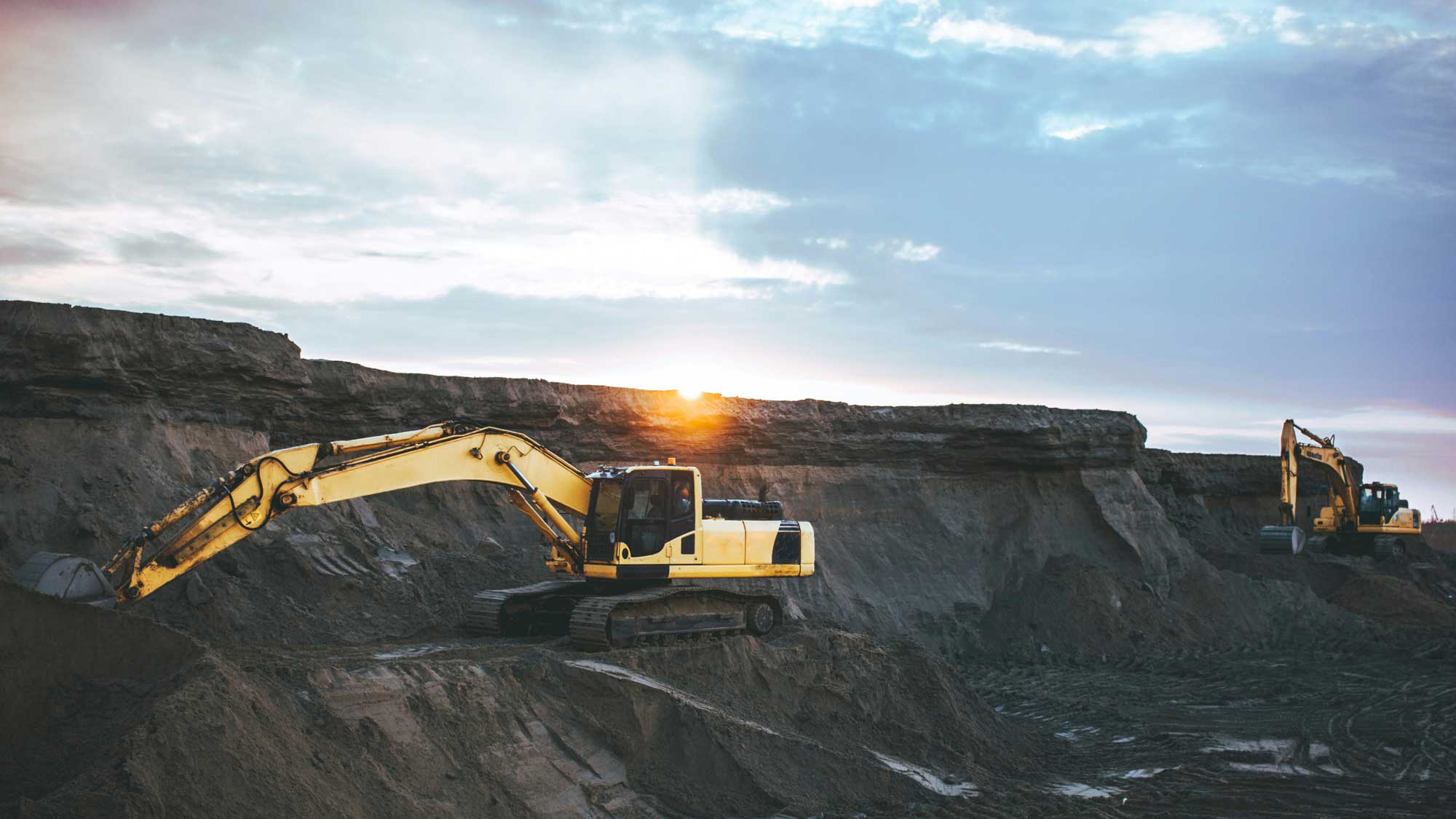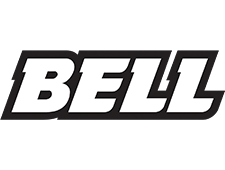JVCHANTETE EARTHWORKS: Collaborate to Manage VUCA
Tough conditions in the mining sector are outweighed by the major potential that comes from the global energy transition. Metals and minerals are key in the electrification of the world, and demand is set to boom. Partnering with reliable, trusted, experience organisations helps to reduce volatility, uncertainty, complexity and ambiguity, and JVChantete continues to position itself as the leading contractor in Zambia.
Employment of a mining contractor has long been debated across Africa, where the industry accounts for around 4.5% of GDP at continental level. Should mining companies employ large numbers internally? Should they be responsible for equipment and process? Should they load on cost, against the backdrop of quickly changing commodity prices? It’s a tough one – many say yes, when you want to exploit natural resources then you should carry the risks. Others say that employment of a contract is exactly that – managing the risk.
Thankfully, there are many options in Africa. Whether its copper in Zambia, gold in South Africa, diamonds in Botswana, uranium in Namibia, or bauxite in Guinea, miners have the choice to get hands dirty or trust a reliable, experienced local company.
Even for the biggest mining houses in Africa, a blend of options is often the best way as most look to fulfil the ‘social contract’ – delivering returns for shareholders through extraction while promoting economic development and prosperity for the local community.
In Zambia, on the copper belt – where the world’s eyes are fixed as the transition of green electricity from fossil fuels is powered – big mining is underway. Copper and cobalt has been mined here for more than a century but with demand set to skyrocket as the next generation of power comes into play, mining effectively and efficiently is vital.
Operating here since 1999, JVChantete Earthworks is celebrating its 25 years of operation by highlighting its position at the top of the industry. It is an expert in all mining contracting challenges and can offer advice, support, fleet, personnel, and so much more. Central in the company’s offering is a significant fleet of heavy machinery and a highly skilled workforce of around 550 people who can answer tough questions.
With copper prices set to climb, pulled by demand from the world’s automakers, battery companies, and energy utilities – including in the USA, which signed a MoU with Zambia and the DRC in 2022 – Zambia has a major opportunity.
PEOPLE POWER
JVChantete Earthworks Group CEO Shaun McCann says of the company’s success: “Our people, backed by our equipment, systems and processes, drive our performance.”
Key services include drilling and blasting, open pit mining, civils and bulk earthwork, and more. “Our core assets are our skills base and earthmoving fleet. A hands-on management focus ensures our delivery of efficient, professional and cost-effective solutions. We ensure our client base and business partners our commitment to sustain or exceed production targets,” the company says.
Often in Zambia, the wage bill represents a third of total costs – or more. Electricity makes up another large chunk of the cost base, and other fuels – including diesel – are major contributors. With the price of copper currently sitting at around $3.50 per pound, there has to be consideration of profitability as input costs rise and this is why it is often highly appealing to employ a proven mining contractor.
In January 2024, JVChantete Chairman, Lafras Luitingh highlighted the opportunities in the country, offering mining companies the chance to look at challenges differently, encouraging the view that every problem is a chance for an innovative solution.
“Mining companies should be thinking afresh about the decade ahead, especially those either based in Africa or having operations on the continent. The coming together of reshaping metals demand, technological innovation, disruption, climate change, and demographic and geopolitical issues in Africa make the mining industry unique both in terms of its challenges and its potential.”
He said that organisation must look at the energy transition as a new way forward and not an anchor on operations.
“The recent COP28 summit formalised an international agreement to transition away from fossil fuels and to accelerate renewables. The mining industry will play a crucial role in this, and mining companies are now both incentivised and burdened.”
The valuable metals and minerals unearthed by JVChantete in Zambia are vital in the energy transition. Copper cables and wires will carry green electricity, they will be used in solar PV systems, and they will be essential in decarbonising transportation. Luitingh quotes S&P Global when highlighting the importance of copper in the electrification drive: “Unprecedented quantities of copper will be demanded over the next 25 years.”
“The bottom line,” he adds, “is that transitioning from fossil fuels means more electrification – on a huge scale – and copper is critical to this. Whether for modernising and expanding existing generation and transmission grids, growing the network of hydro-, solar- or wind-power generation infrastructure, or the conversion to EVs, copper is top of the list of required materials.”
The burden for miners is that they must decarbonise their own operations – easier said than done in an industry that produces between 4 and 7% of emissions globally.

VUCA MANAGEMENT
JVChantete has compliance at its core and Luitingh is fixated on ensuring quality, safety, and environmental standards are upheld. At the company’s disposal is equipment from world leaders including Volvo, Liebherr, Bell, Atlas Copco, john Deere, Hitachi, Komatsu, CAT, Kobelco, Ford, Toyota, and a range of others. The senior leadership team in the business have deliberately opted for the world’s best to ensure efficiency. Less downtime, easily available spares, modern engines that use less fuel, reduced emissions, and reduced maintenance improves efficiency across the board which helps mining companies to demonstrate a commitment to environmental preservation.
“The mining industry may be at crossroads. By focusing on the fundamentals as well as zooming out to understand the implications of megatrends, strategies can prime mining enterprises for a prosperous decade,” claims Luitingh.
“The long view is that mining remains a rewarding sector – for the value it brings to the world’s economies, its contribution to countries’ revenues, in the creation of jobs and secondary industries or spin-off services. And financial returns: dips have always been experienced, but the global top-40 mining enterprises’ profits have soared in the last three years, and their aggregated market capitalisation has more than tripled in the past 20 years.”
Ultimately, the decisions on the best way to run a mine, especially in Zambia where the outcomes are more important than the operation itself, come back to collaborating with the best. Whether that is JVChantete with more than 250 successfully complete projects, or others in the highly skilled sector, for Luitingh everything comes back to managing VUCA. An informal term used throughout southern Africa’s mining industry, VUCA or volatility, uncertainty, complexity and ambiguity, has always been around in mining and the only way to manage the phenomenon is to invest in experience – in those that have proven their ability to expect the unexpected, and pivot quickly, being nimble in challenging conditions. Here, JVChantete is unrivalled.
“Mining companies have handled VUCA well in the past. But this is no time for complacency or conventional thinking. For growth, profitability and societal contribution, strategise smartly for the decade ahead,” he says.

